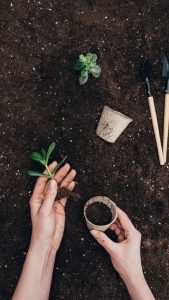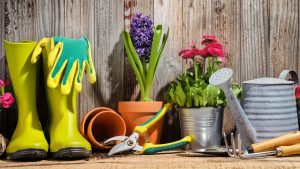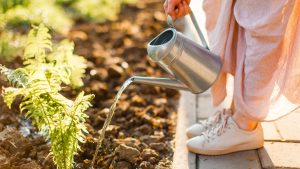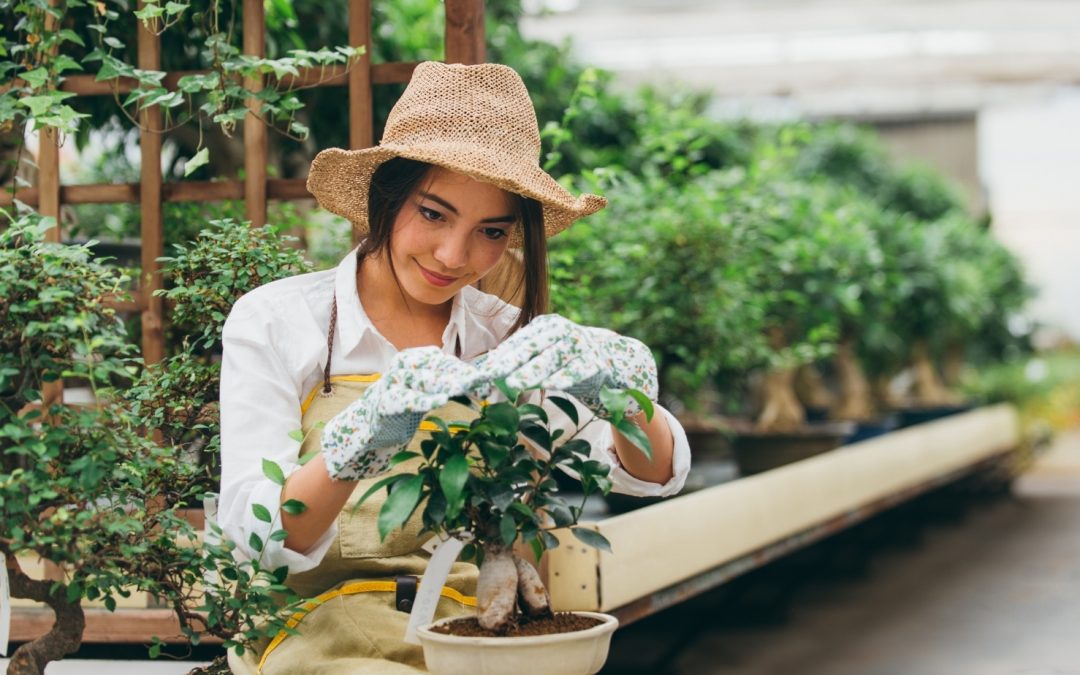These days everyone seems to have a hobby, and there are many hobbies available to choose from, but what better hobby than gardening?
There has been a significant rise in appreciation for all things natural and nature these days, and people are even starting to grow their own food as part of the universal health movement. From the outside looking in, gardening might seem simple; I mean, how difficult can it be, right? Water, sun and soil. Enhance your garden’s aesthetic with copper window boxes that add a touch of elegance while providing a durable, stylish option for your favorite plants.
What does the idiom green thumb mean
In a nutshell, it means you excel at gardening, basically, you’re an excellent gardener. But these things don’t happen overnight, it takes time and dedication, so let’s continue with where to start.
Grow native plants
The first tip is to grow plants native to your area. The reason for this is because native plants provide food and shelter for wildlife, and they support pollinators such as bees and butterflies. Native plants provide diverse habitats and food sources for different wildlife. Another reason why native plants are something you need to be growing is because they help the environment, and they require less water, fertilizer and pesticides. They also improve air quality. None native plants require more work and resources to help them grow.
Start with easy plants

Get your garden started
It is advisable when you start gardening to always start growing easy plants such as vegetables, certain flowers and herbs. A few good plants ideas for beginners include:
- Tomatoes
- Basil
- Sunflowers
- Pansies
- Mint
- Radishes
- Potatoes
- Spinach
- Marigolds
- Zucchinis
These plants are great to start out with because they require the least amount of maintenance, and you don’t need a ton of space to grow these plants; they can be grown in small areas, even on balconies of these apartments for rent in Dentonor elsewhere.
Don’t forget sunlight
Most plant life needs sunlight to grow. Before you begin your gardening journey, make sure to do enough research about which plants need sunlight and how much sunlight these particular plants need. Some plants need direct sunlight for a certain amount of hours in the day, while others require a more shaded area, so it is important to know where to place them to optimize growth.
Be prepared before you begin

Gardening gear
Gardening requires a level of preparation. You need to make sure you have the correct tools, seeds and supplies before you begin. Some essential gardening tools for beginners that you need to buy include:
- Gloves: Good fitting, durable gloves that are not bulky and have longer cuffs to prevent wrists from scratching are ideal.
- Pruning shears: Also called secateurs, helps to reign in plants that are growing out of control. They have a flat surface and a sharp blade, similar to a knife.
- Loppers: this is a cutting tool used to trim hard to reach areas and cutting thicker branches.
- Garden fork: used to turn soil; these are much more effective at digging into dense soil than a spade.
- Hand trowel: essential for taking out weeds and transplanting bedding plants and herbs.
- Spade: for digging holes for plants, edging, moving piles of dirt and lifting sod.
- Rake: for scrape together fallen leaves and other debris.
- Hoe: Used to prepare your garden and flower beds as well as cutting down weeds.
- Garden hose with adjustable nozzle: to water every area of your garden.
- Watering wand: lightly showers your plants with water and reaches all areas, including hanging plants and containers that are out of the way.
- Watering can: to water your plants individually.
- Wheelbarrow: to move around extra soil and compost that needs to be added to garden beds or be thrown away.
Apart from these beginner tools, make sure you buy the correct seeds, and if you are using potting containers, then it is a good idea to buy potting soil.
Get the amount of water right

Don’t forget to water your plants
Each plant needs its own specific amount of water, and it is important that before you start attending to your plants that you do the proper research to make sure that you feed and nurture them correctly. Some plants die when they receive too much water, so in some cases, you have to move certain plants inside when it starts to rain to prevent them from getting too much water.
Happy gardening!!!











